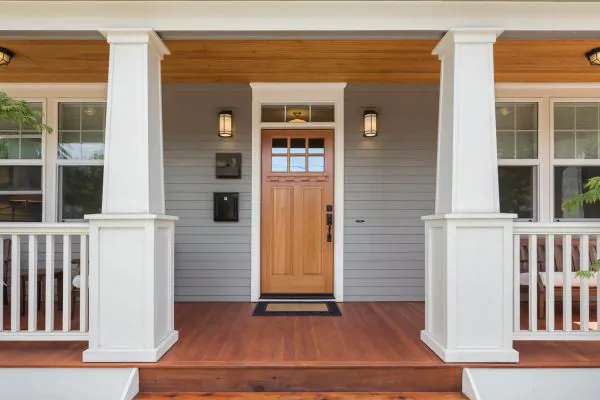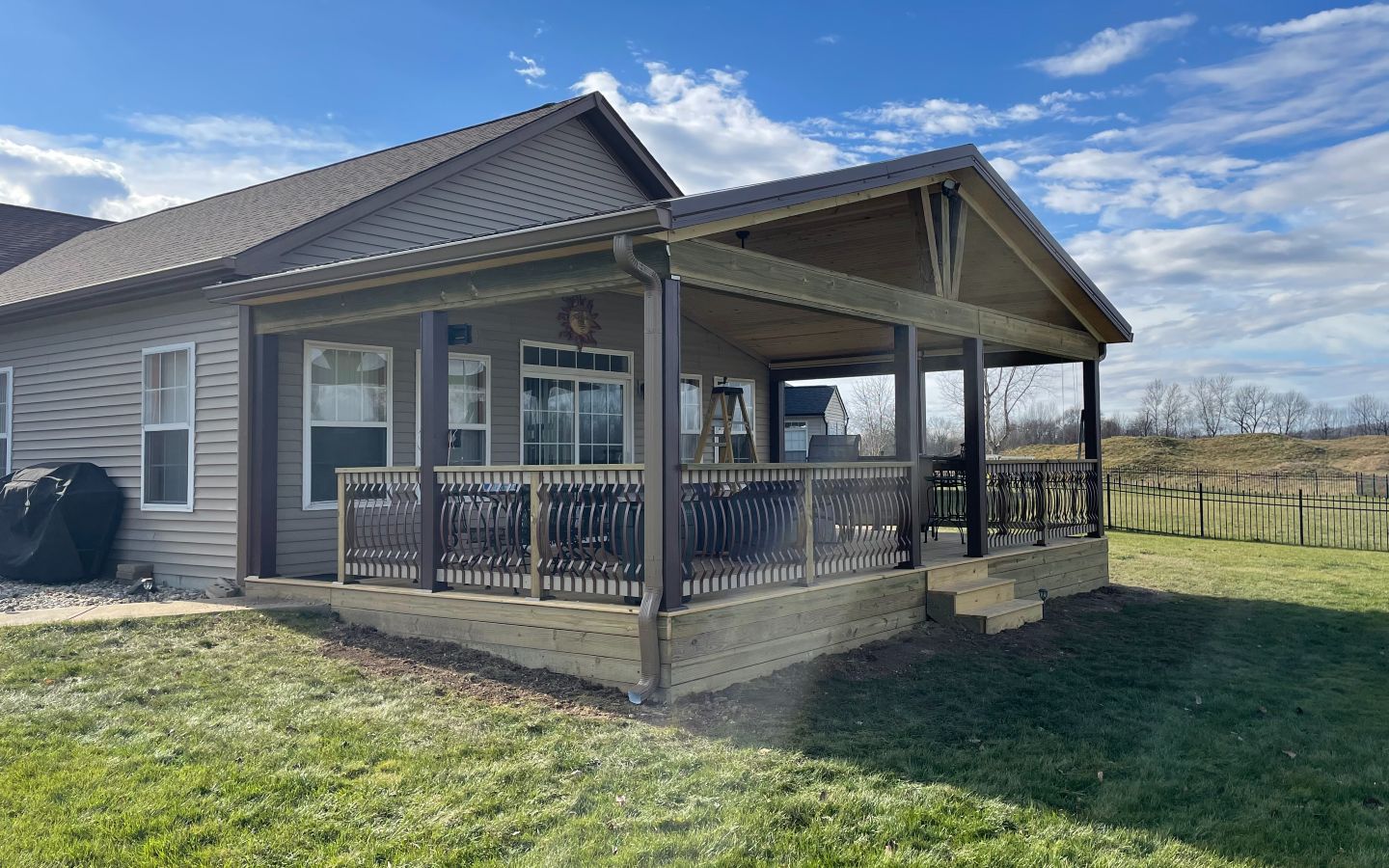Discovering Various Types and Advantages of Deck: A Comprehensive Overview
The exterior deck is more than just an extension of one's living area; it's a testimony to personal style, a location for social celebrations, and a shelter to relax. The option of decking product dramatically affects these aspects, with choices varying from the traditional appeal of wood to the practicality of composite, and the toughness of light weight aluminum. Recognizing the nuances of these materials is important, so let's start our exploration, one deck kind at once.
Understanding the Essentials of Outdoor Decking Product
Outdoor decking product acts as the foundation of any deck project, dictating the overall aesthetic appeals, longevity, and capability of the end product. The marketplace supplies a vast range of products, each with special features matched to different style preferences and ecological problems. The choice includes all-natural wood, composite, plastic, aluminium, and even concrete. Timber, being the typical selection, provides an ageless, classic appeal. Compound, a mix of timber and plastic, provides wood-like appearances with much less upkeep. Plastic and aluminium provide modern-day, minimalistic options, while concrete is preferred for its unequaled durability. The selection of product considerably affects the deck's life-span, maintenance needs, and resistance to aspects. Recognizing the fundamentals of outdoor decking material is important for a successful deck project.
Benefits and Disadvantages of Wood Decks
In evaluating deck types, comprehending the pros and disadvantages of wood decks ends up being vital. This entails considering factors such as the kind of timber chosen and its impact on the deck's efficiency. The succeeding discussion will explore these points in detail to give an extensive sight of the downsides and benefits related to wood decks.

Wood Deck: Disadvantages & pros
The appeal of wood decks can not be overemphasized. They emanate an ageless allure and warm aesthetic that several house owners find alluring. This all-natural product is flexible, enabling a series of layout possibilities, and can give a superb return on financial investment.
Nonetheless, timber decks also come with certain downsides. Its long life can be less than other outdoor decking products, specifically if not effectively cared for.
Choosing Your Wood Kind

Checking out the Advantages of Composite Decking
Turning interest to composite decking, it offers distinct benefits. Its resilience outmatches standard timber in harsh weather, decreasing the demand for frequent maintenance. In addition, it provides a pleasing aesthetic appeal with variable style choices.
Composite Decking Durability Conveniences
Regardless of the myriad of decking alternatives offered in the market, composite outdoor decking stands out for its durability. This kind of decking, made from a mix of timber and plastic, supplies a resistant, resilient system resistant to aspects that commonly deteriorate various other products. In recap, the toughness benefits of composite outdoor decking offer a sustainable, cost-effective solution for outside living rooms.
Maintenance of Composite Decks
In enhancement to durability, composite decking boasts a major benefit in terms of upkeep. Unlike conventional wood decks, look these up composite decks are not prone to rot, warp, or insect damage, thus significantly reducing the requirement for normal repair services and substitutes. The low-maintenance nature of composite decks not only provides convenience of maintenance however likewise contributes to their long-term cost-effectiveness.
Visual Charm and Irregularity

The Climbing Appeal of Aluminum Decks: Why Pick Them?
As the demand for long lasting find out here and low-maintenance outdoor decking rises, aluminum decks are progressively ending up being the best option for numerous house owners and contractors. These decks, made from a light-weight yet tough steel, provide numerous advantages over typical timber or composite decks. Aluminum decks are additionally eco friendly, as they are often made from recycled materials and can be recycled again at the end of their lifespan.
Upkeep Tips for Different Decking Materials
Despite the range of decking products offered on the market, each comes with its very own collection of maintenance needs to make sure durability and aesthetic appeal. All-natural wood decks call for regular securing or staining to protect against climate damage, while composite decks require periodic cleansing with soap and water to eliminate stains and particles. On the various other hand, aluminum decks call for less maintenance, only requiring occasional rinsing with water to maintain them clean. Treated timber decks, although resistant to rot and bugs, likewise need constant sealing to keep dampness out. Understanding these upkeep requires is important for deck owners to optimize their investment and keep their decks looking their finest for years to come.
Aspects to Take Into Consideration When Selecting Your Deck Kind
Composite decks resist moisture well, making them excellent for damp or stormy regions. While some may prefer a lavish, exotic wood deck, spending plan constraints could necessitate a much more affordable choice like pressure-treated wood. Thus, climate, upkeep, expense, and lifestyle are essential factors to consider in deck option.
Verdict
To conclude, decking materials greatly vary, each offering special advantages that accommodate various homeowner requirements. Wood decks bewitch with all-natural appeal, while composite and light weight aluminum varieties provide toughness and reduced upkeep. Best Deck Builders Near Me. The ideal choice depends on individual lifestyle, environment, and spending plan. Before committing to a certain deck kind, house owners need to moved here meticulously consider the benefits, drawbacks, and upkeep needs of each product.
In reviewing deck kinds, recognizing the pros and cons of wood decks comes to be important.Despite the plethora of outdoor decking options readily available in the market, composite decking stands out for its sturdiness. Unlike conventional timber decks, composite decks are not vulnerable to rot, warp, or insect damages, therefore significantly reducing the demand for regular repair services and replacements. These decks, made from a lightweight yet strong steel, use several advantages over typical timber or composite decks. All-natural timber decks need normal tarnishing or sealing to avoid climate damages, while composite decks need regular cleansing with soap and water to eliminate stains and particles.